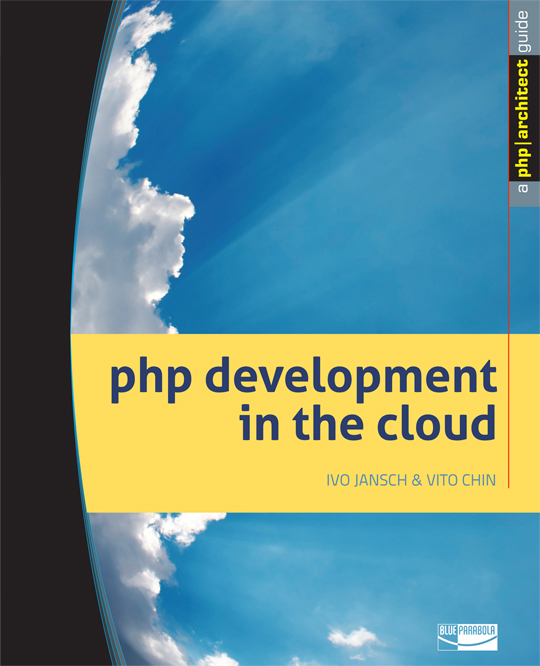You may have heard that current IP address space (4 billion of IPs) is already fully assigned and there is no free ip addresses left. There is no big panic since ISP and hosting companies have some internal IP reserve. But this definitely leads to quicker deployment of IPv6 protocol.
The main issue is: IPv6 must be supported on both ends of connection: user-end and server-end. It is a classic chicken and egg problem, top few users use IPv6 -> no IPv6 services exists and no services support IPv6 means, why should clients switch to it?
Since there is no IPv6 alternative, service owners must do a big first step and some of them did. Google, Amazon, Rackspace and many others added IPv6 as alternative to IPv4.
Is you site or blog ready to be accessible via IPv6? I think its time to think about it. I did a switch of my Wordpress based blog hosted on Rackspace and here is the story...
I have some servers on Rackspace cloud platform. Having full control over OS allows to make many useful testing, even if its virtualized Recently while doing some server hardening work I discovered not an obviously thing with iptables. In fact some of my firewall rules where completely ignored!!
I am not the iptables newbie and was very surprised by such behavior. Find the story below...
CDN is abbreviation for Content Delivery Network. Hard to believe that like 5 years ago it sounded like a rocket science in WWW. Only huge sites were able to afford it and configure it right. Now things have completely changed and today's question is: Why you still do not use CDN for your site or blog?
Because of the W3 Total Cache plugin, setting up a CDN for Wordpress based site is criminally simple. Thats another one cent in my love Wordpress topic. If your website receives more than a few hundred visitors a month, or if your site makes visitors download a lot of data (images, self-hosted javascripts, flash files, etc.), this is a great setup.
There’s also an SEO benefit in using a CDN…at least indirectly. Faster sites get more traffic from Google and Bing than slower sites. By making your site faster, you increase the likelihood Google will refer people to your site.
 The word "cloud" became a buzz-word quite a while and Google search results for the word cloud is far away from real clouds in the sky. Although, many people and even web developers are quite away from understanding of what cloud is, how it works and how to take an advantage by using it. So clouds are really "cloudy".
The word "cloud" became a buzz-word quite a while and Google search results for the word cloud is far away from real clouds in the sky. Although, many people and even web developers are quite away from understanding of what cloud is, how it works and how to take an advantage by using it. So clouds are really "cloudy".
Being a web developer this topic is in area of my interests for some time, but I always thought that clouds are for really big players. By big I assume million of clients, billions of page loads, terabytes of data, etc.. My mistake!
Recently I came across with Rackspace cloud and understood how wrong I was. It changed my understanding into more practical way and I gave up my VPS and moved to the cloud.
 Nevertheless Amazon recent downtime showed us that clouds are not panacea for all problems, they are the future. Especially when quick scale, precise resource allocation is needed.
Nevertheless Amazon recent downtime showed us that clouds are not panacea for all problems, they are the future. Especially when quick scale, precise resource allocation is needed.
This book is about applying your PHP skills in a clouds.
Most developers gloss over when they hear “the cloud” as the term has been appropriated by marketing types and has very little true meaning anymore. In this book, Vito and Ivo strip bare the buzzwords and help PHP developers figure out what the cloud is actually about and how they can take advantage of what cloud computing has to offer. After reading this book, you will not only have a clear picture of what cloud computing is, but you’ll also be able to utilize the various cloud services that are out there.